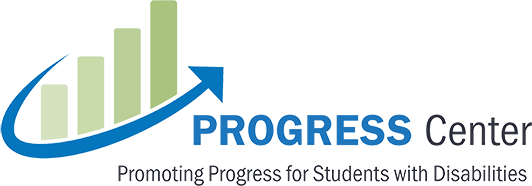Serving on Groups That Make Decisions: A Guide for Families is intended to be a useful tool for anyone who is currently serving, or wants to serve, on a decision-making group. This can include parents, students, educators, administrators, and community members. It was researched, developed, and written collaboratively by a broad group of statewide agencies, school representatives, and family members across Wisconsin.
